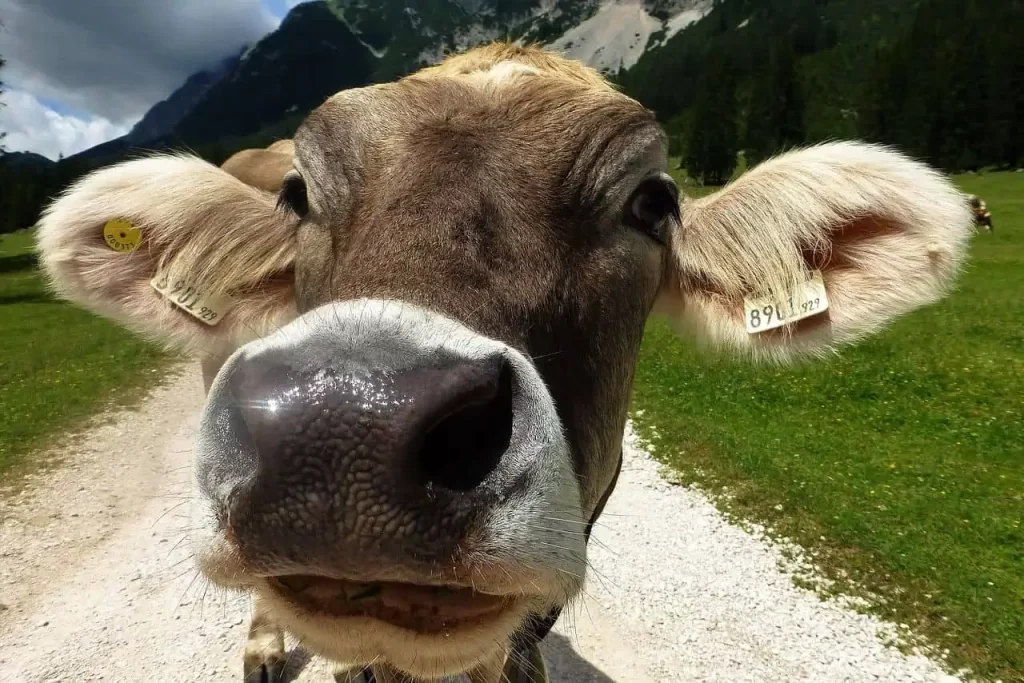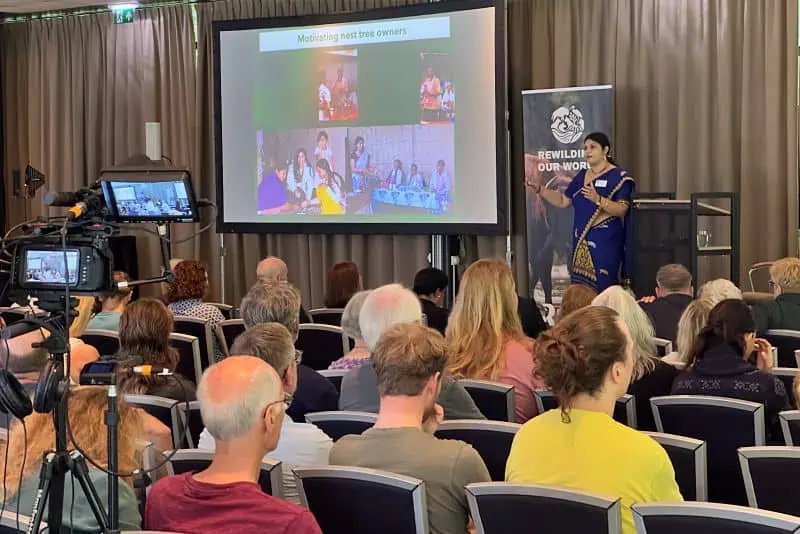Share:
Natural grazing for wildfire prevention in the Danube Delta
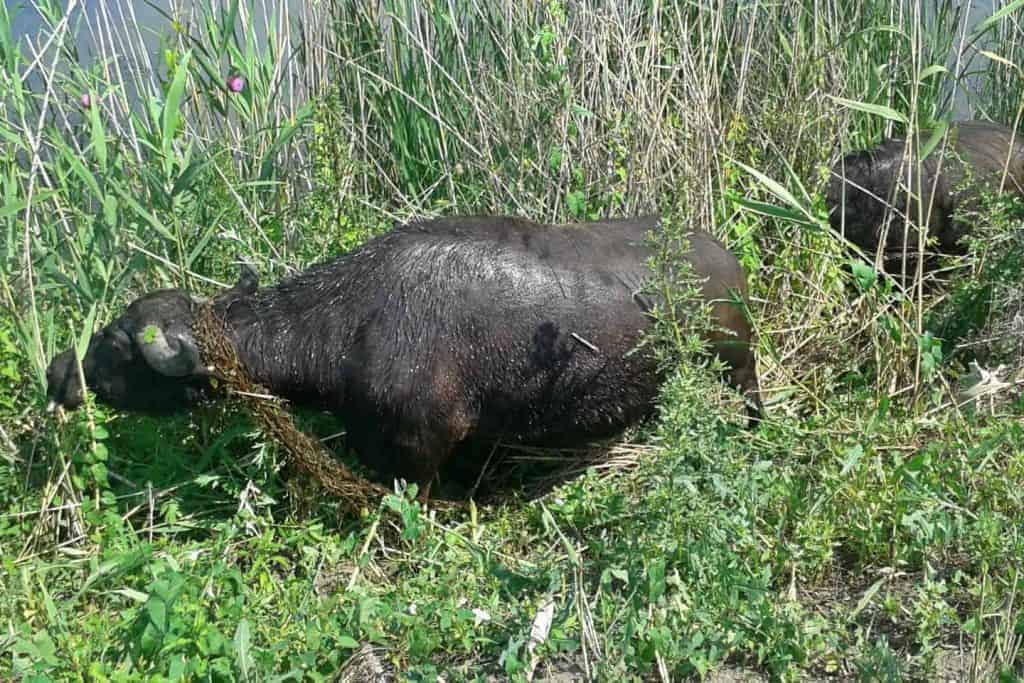
The largest reed bed of Europe can be found in the delta of the river Danube, in Romania and Ukraine. This delta of 730,000 ha is home to many bird and fish species. It provides the local people in the delta with fertile river clay, seafood, tourism and of course the reed itself as a natural resource. The reed is mostly exported as roofing material or used locally in small quantities for brooms, fencing and small roofs.
Harvesting the reed is not only an economic activity in the Danube Delta, but it is also very important for the preservation of the local ecosystems. Taking away this biomass keeps the soil in the reed beds nutrient-poor, which prevents it from becoming a forest. Reed also filters the Danube water and therefore, harvesting the reed annually enables the delta to purify as much water as possible in the next growing season. Most reed beds, however, are hardly accessible or standing in salty water and therefore not harvested.
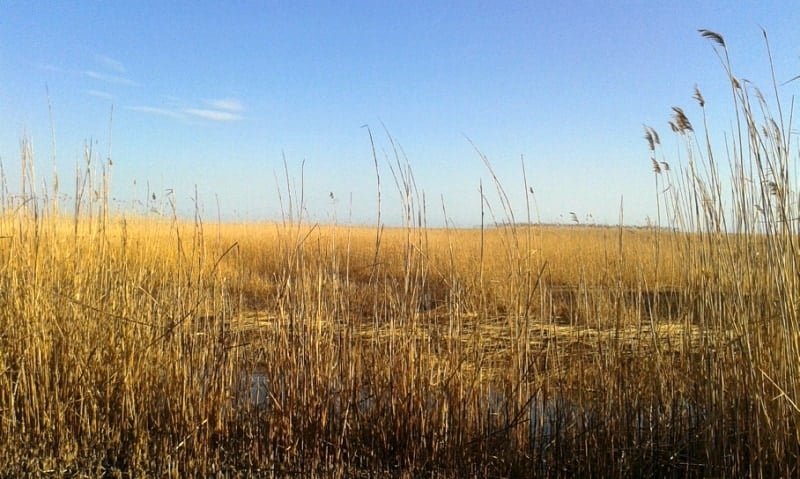
Wildfires
To make sure the next harvest has the highest production and contains only one-year old stalks, beds are set on fire after the harvest. Any old stalks left and reed bed undergrowth is burned, so that only new reed shoots will dominate the biomass in spring. This is a very common practice in any river delta. In 2019 however, a massive part of the Danube delta has gone up in flames, as a result of a very dry winter – possibly related to climate change. Many small fires, spontaneous or lit by people, got out of hand and turned into wildfires, consuming the dry biomass of reed beds and threatening flora, fauna and even the town of Vylkove. In this particular fire, 30 hectares of reed bed and 20 hectares of forest ground was burned.
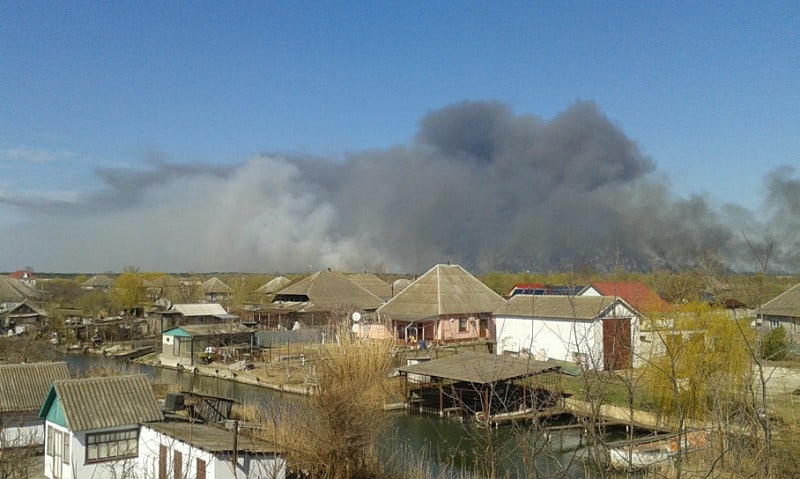
Matter of scale
Wildfires in the delta are not necessarily bad. They create opportunities for species, increasing biodiversity by clearing areas and suppressing the establishment of dominant species. The warmth produced by the fires can even create or support favourable breeding grounds for fish. However, at a scale this large, wildfires are rather destructive than beneficial for the ecosystem. Recolonisation of the burned area is normally taking place by the reed roots system and surrounding biodiversity, but without intact, healthy natural reed beds nearby this process is more difficult and thus takes more time. Regardless of whether or not the wildfires are a product of climate change, there are some ways of making the delta more resilient to these dry periods and make its use more sustainable.
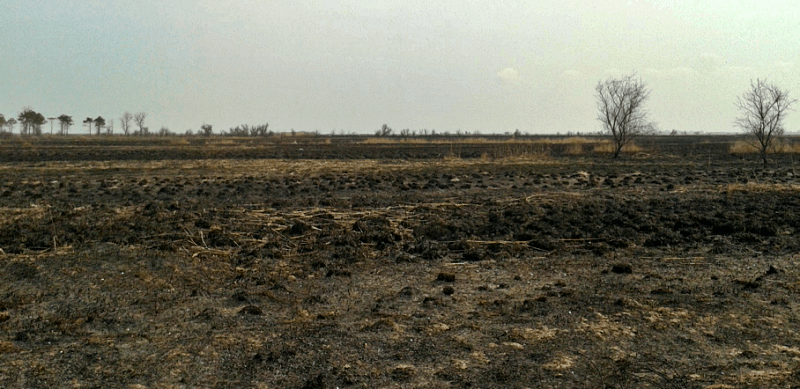
How grazing can help to stop wildfires
Since fires are natural in the delta, the key in fire management here is not in fighting the fire, but in creating fuelbreaks in the reed bed in a sustainable way so that wildfires do not have the fuel to consume complete ecosystems. Technically, this can be achieved by harvesting reed in such a way that the landscape becomes a patchwork of areas with different reed growth stages and physical characteristics.
A less intensive way of creating more variety in reed beds is grazing by large native herbivores. Such native animal is for example the water buffalo: by eating in particular young reed sprouts their impact on reed development is significant, as these sprouts are unable to develop into full-grown reed stalks. Additionally, these large animals break and trample vegetation. Together, these animals provide similar benefits, if not better ones, then harvesting parts of reed beds. The reintroduction of water buffalos may also seem to be a human management intervention at first sight, but local ancestors of the water buffalo used to populate many riverbeds and deltas in Europe in between colder periods before the extinction of Europe’s megafauna.
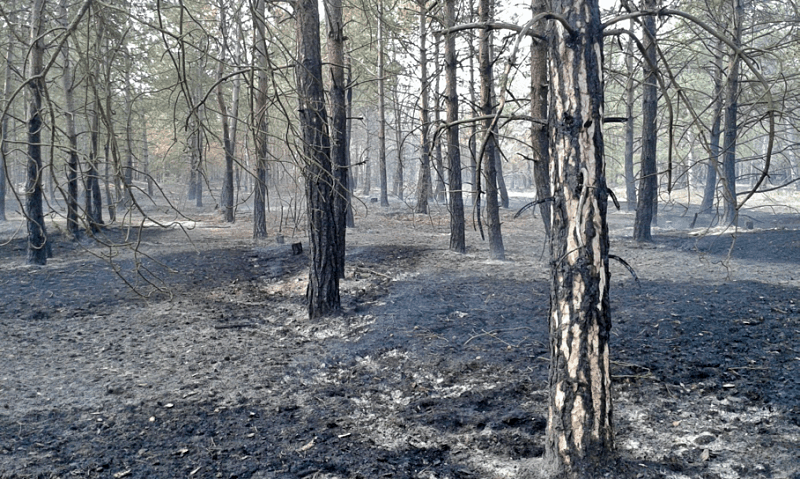
Rewilding wetlands
Rewilding wetlands as a natural climate solution has positive effects on biodiversity and is a very effective, low-tech and low-cost way of wildfire prevention. In the Danube Delta, Rewilding Academy programme director Arend de Haas has been involved in the reintroduction of water buffalos – some of which are herded together with conventional cattle. Apart from their ecological function, providing ecosystem services, natural grazers are attractive to tourists as well. Local communities can benefit from their presence in multiple ways. The delta provides much potential for reintroducing large herbivores, contributing to the local economy with sustainable livelihood options, while wildfires are prevented and contained, increasing security of people and properties.
—
Report based on an internship report by Reindert Braam (Van Hall Larenstein University of Applied Sciences)

